IS BRITAIN “a fantastic multicultural democracy” emerging as a role model of how to make diversity work? Or do a toxic combination of immigration and multiculturalism pose an existential threat to our social fabric and survival as a democratic nation?
Both arguments were advanced from the senior echelons of government over the last week – with Prime Minister Rishi Sunak offering a more optimistic take when asked about Home Secretary Suella Braverman’s headline-grabbing speech to a Washington thinktank.
The home secretary offered the most pessimistic language about British society of any government minister in the half century since Enoch Powell prophesied ‘Rivers of Blood’, leading to his sacking from the opposition front bench.
But how seriously should the Braverman speech be taken?
Braverman was not taken seriously enough by those liberal critics who focused more on her identity than her argument. The case that the Home Secretary cannot critique multiculturalism because she is a “product of multiculturalism” is incoherent.
Multiculturalism means different things to different people, including to the children and grandchildren of migrants. That some British Asians are very right-wing, even if most are not, should hardly still be news these days.
It is legitimate to scrutinise the formative experiences of any politician – how their family, education and upbringing have shaped their worldview – but it is both questionable in principle and invariably counter-productive in practice for critics of a political opponent to focus on their fixed characteristics over their argument.
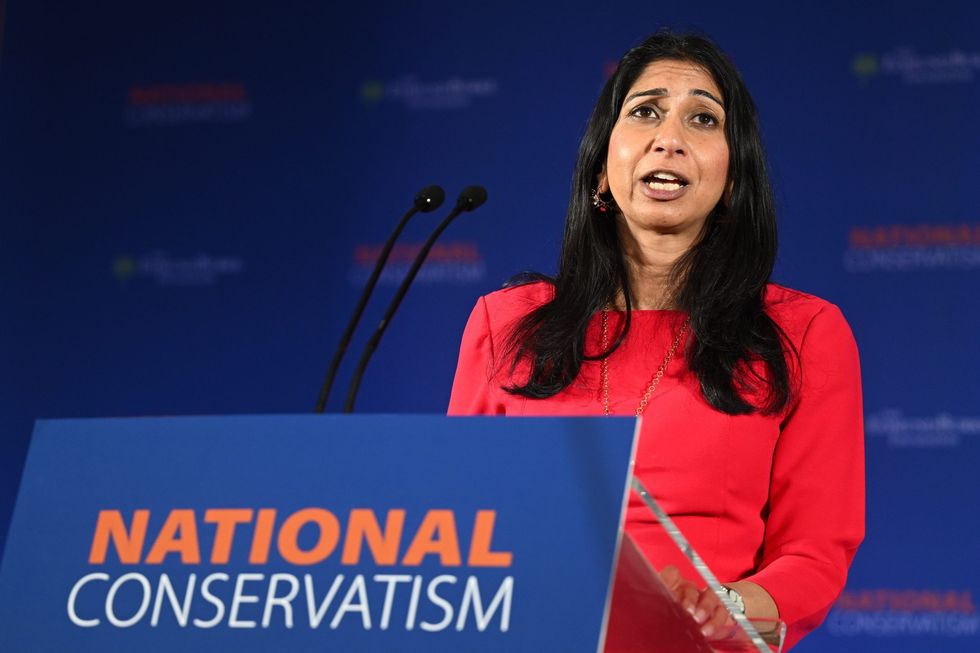
“If Braverman is wrong, let her at least be wrong for her own reasons,” wrote Trevor Phillips.
Yet, given this due respect of engaging with her argument, the Braverman speech crumbles badly. Her call for reforming the international refugee treaties is rhetorical. The UK government has no serious diplomatic push to pursue what would be a decade-long multilateral reform agenda, even if populist leaders in Italy, Poland and Hungary sympathise. Debating how to tighten the asylum criteria fits oddly with government policy – which is to reject all claims, if people arrive without permission, including those who would have valid claims to refugee status.
Braverman’s speech was largely understood in Westminster as a marker for a future Conservative leadership contest. That cynical view is probably accurate. Braverman holds one of the Great Offices of State, but her form of rhetorical populism would suit opposition politics more than government.
Taken seriously, the Braverman speech is a devastating critique of the potential consequences of the government’s failure to meet its pledges to stop the boats – while doubling down on impossible pledges to remove all asylum seekers.
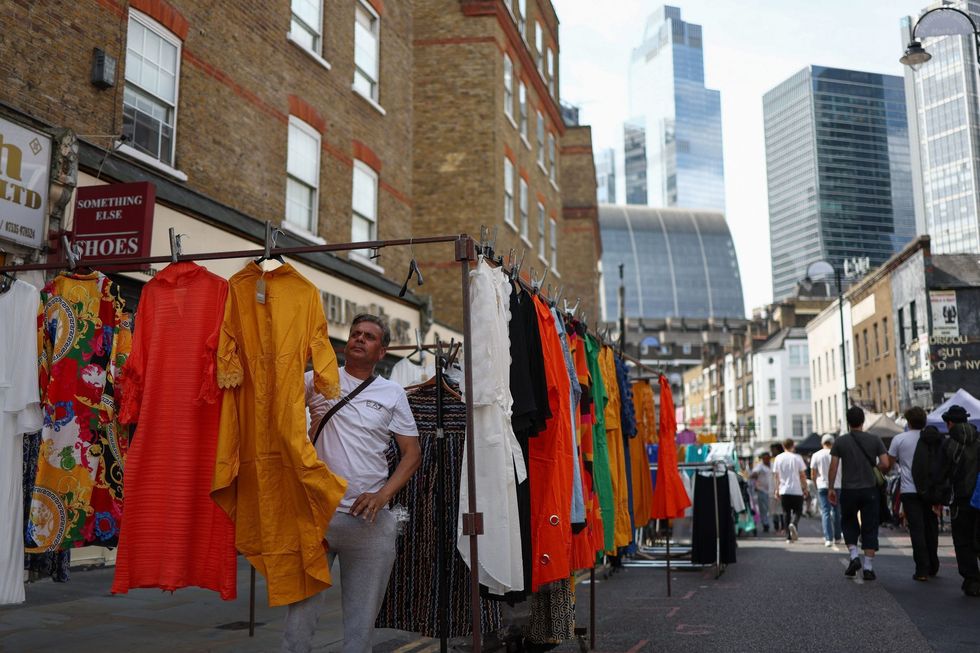
The political stakes on asylum are high enough. It must be unwise to raise them further by conflating the asylum headache with the scale of legal migration arising from the government’s post-Brexit choices, and even the future of diversity and democracy in Britain.
Braverman’s critique of multiculturalism amounted to little more than a few throwaway soundbites. Declaring its failure to be visible from Leicester to Paris imagines the false premise of a shared British-French multiculturalism. Yet no two democracies have such starkly different philosophies and practices on the state’s response to diversity.
The logic of Braverman’s argument should lead her to praise France’s staunch rejection of multiculturalism. France has led on rhetorically championing French values, yet taking its race-blind universalism so far by banning the collection of ethnic data has left it with few tools for putting the vision into practice. Britain’s moderate multiculturalism outperformed France on serious efforts to audit progress, and ethnic minority confidence in feeling British too.
Yet the British record is mixed. Social confidence in our diversity has grown over time but has been unevenly spread, partly reflecting the uneven pattern of meaningful contact across generations and geography.
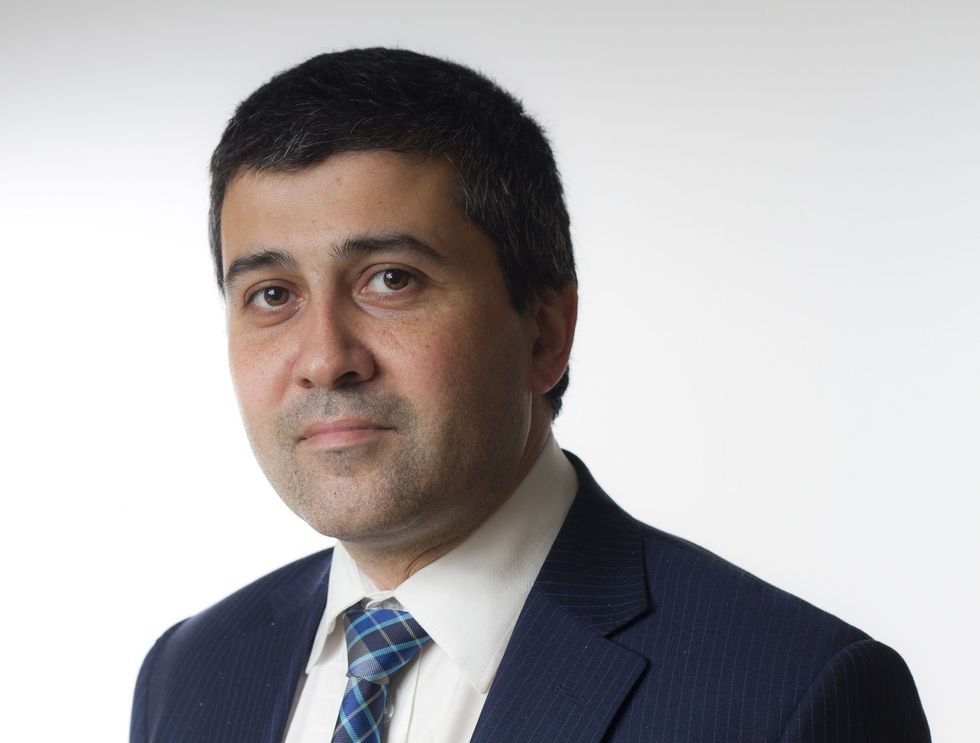
For a quarter of a century, since the mill town disturbances of 2001, successive Prime Ministers have talked about the risks of not valuing integration and connection enough.
Thirteen years after David Cameron declared that multiculturalism was no longer the policy of the government, Braverman declared that she is against it too. Her speech was silent on what the post-multiculturalism agenda has been over the decade since, and how to develop it in future.
The green shoots of action plans, often in response to shock events, have not yet turned into a sustained strategy. Civic efforts to change that include a Together coalition call on party leaders, let by the Archbishop of Canterbury, to put the foundations in place to make social connection matter in the next parliament.
Politicians have argued about Britain’s diversity a lot. Braverman has shown again how easily a polarised debate gets stuck.
We need to hear more from political leaders, not just about what they are against but the vision of a more confident and socially connected Britain that they are for – and what they believe we can all do to pursue it.
















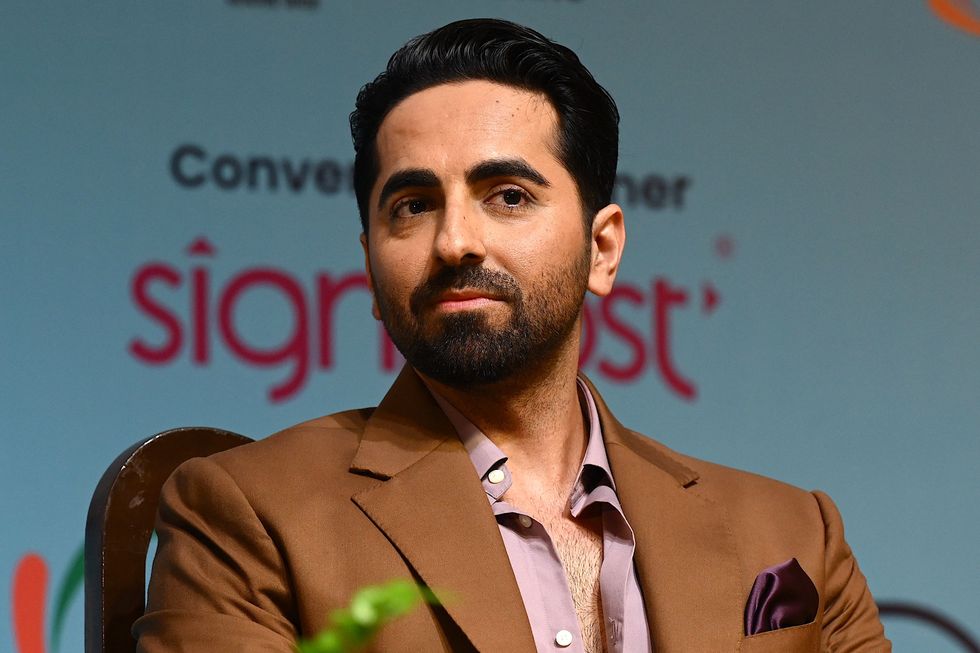 Ayushmann Khurrana attends an event at the FICCI Frames 2024 Getty Images
Ayushmann Khurrana attends an event at the FICCI Frames 2024 Getty Images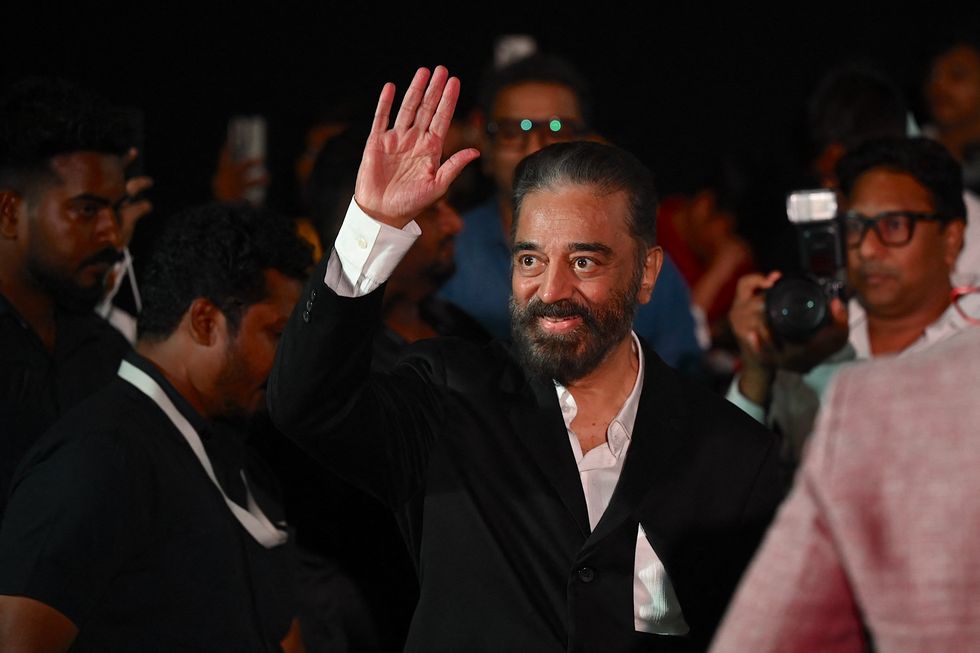 Kamal Haasan waves as he attends a press conference for 'Thug Life'Getty Images
Kamal Haasan waves as he attends a press conference for 'Thug Life'Getty Images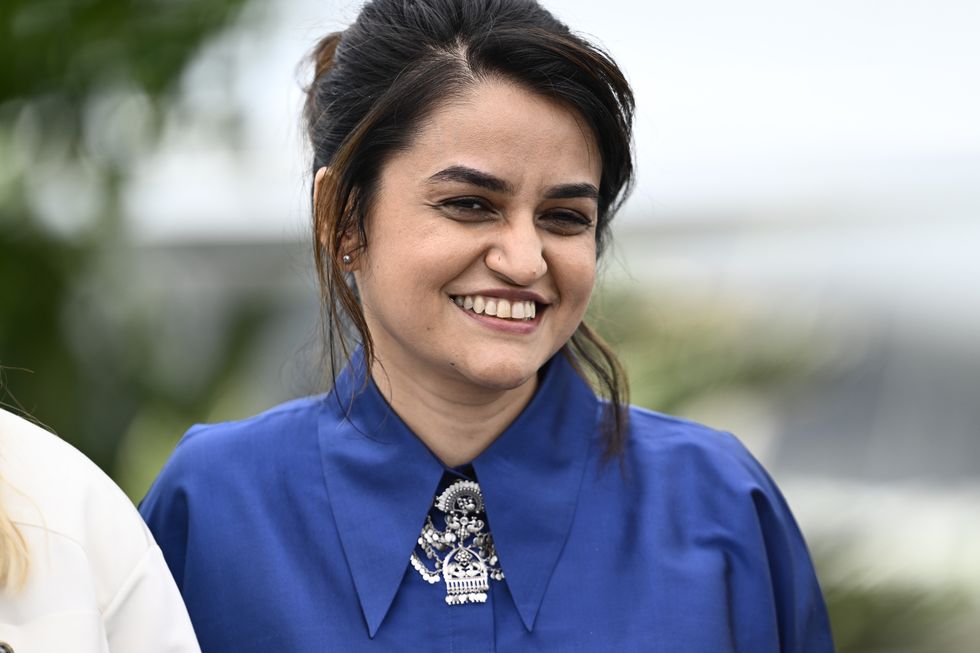 Payal Kapadia smiles during the Jury photocall at the 78th annual Cannes Film FestivalGetty Images
Payal Kapadia smiles during the Jury photocall at the 78th annual Cannes Film FestivalGetty Images
 Victoria Beckham's story Instagram screengrab/
Victoria Beckham's story Instagram screengrab/ Victoria Beckham's story Instagram screengrab/
Victoria Beckham's story Instagram screengrab/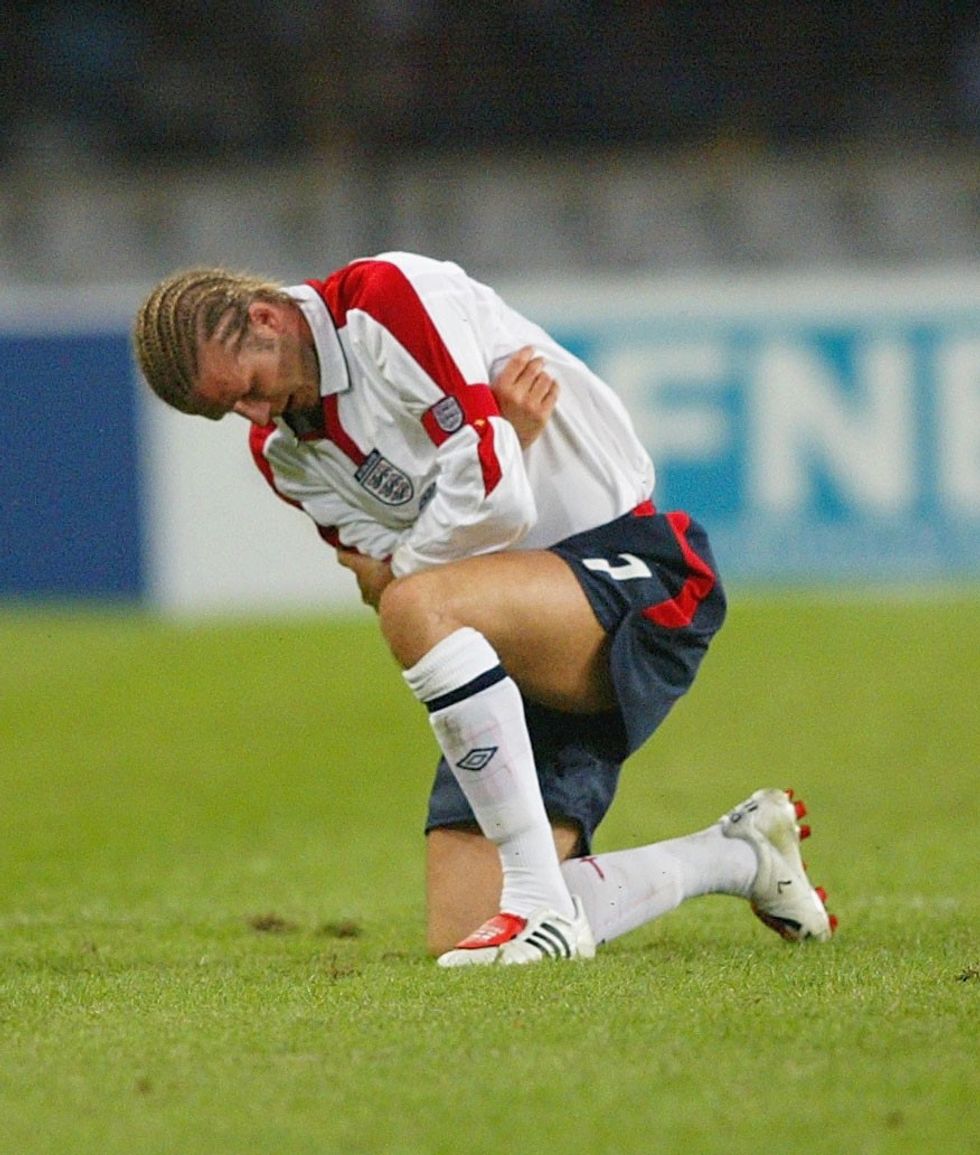 David Beckham of England feels the pain in his arm after being tackled and upended by Thabang Molefe of South AfricaGetty Images
David Beckham of England feels the pain in his arm after being tackled and upended by Thabang Molefe of South AfricaGetty Images 